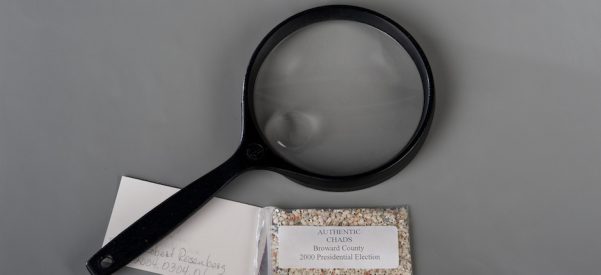Explore
: AMERICAN POLITICS
From 1972 to 1980, Frank Rizzo Led a Blue-Collar Backlash Against Civil Rights—in the Guise of Law-and-Order
by Timothy J. Lombardo
September 26, 2019
Philadelphia’s City Hall was the largest municipal building in the United States when it opened in 1901. Its most outstanding feature towered 548 feet above the street below: a 37-foot-tall statue of William Penn, keeping watch over the city he founded. For most of the 20th century, the tip of Penn’s cap was the tallest point in what once was the fourth largest city in the country.
The grand building, with its elaborate stonework, also provided a fitting home for …
Read More >
In the First Half of the 20th Century, US Senator Burton K. Wheeler Was Deeply Independent—and Often Confrontational
by Marc C. Johnson
September 12, 2019
There is an old line that “Montana is really just a small town with a very long Main Street.” It’s a state with 147,000 square miles and just over a million people, yet everyone seems to know everyone, or at least everyone knows someone who knows someone you know. The six degrees of separation in Montana are rarely more than two degrees.
Montana’s small-town dynamic, combined with sprawling geography and a rich and often-rough history, have shaped a political culture …
Read More >
Outlandish Rumors Helped Elect Presidents Jackson and Van Buren and Have Been With Us Ever Since
by Mark R. Cheathem
March 28, 2019
From claims that NASA faked the moon landing to suspicions about the U.S. government’s complicity in the assassination of John F. Kennedy, Americans love conspiracy theories. Conspiratorial rhetoric in presidential campaigns and its distracting impact on the body politic have been a fixture in American elections from the beginning. But the period when conspiracies really flourished was the 1820s and 1830s, when modern-day American political parties developed, and the expansion of white male suffrage increased the nation’s voting base. These …
Read More >
How This Enduring Ritual Highlights the Strengths—and Tensions—that Define the American Presidency
By Richard M. Skinner
January 10, 2017
On Jan. 20, tens of millions of people will watch the pomp and spectacle of a uniquely American tradition. The hushed politicos in the pews of prayer service, the gleaming marching band brass on parade, the holy men and women delivering solemn invocations, the tuxes and gowns dancing their way through evening balls. And, of course, the next president of the United States of America, right hand up, left hand on the Bible, being sworn in for the highest office …
Read More >
There Has Never Been Anything Like It Before or Since
By John Copeland Nagle
October 10, 2016
We are told that this year’s presidential election is unprecedented in many ways. The American voters are faced with the choice between an unlikely candidate who has been repudiated by many within his own party, and a seasoned politician whom the head of the FBI characterized as “extremely careless.” The tumultuousness of the race makes many long for the good old days when elections were civil, thoughtful, and quickly resolved
In other words, we are not longing for 1876.
A …
Read More >
From a Coloring Book to a Painted Axe, Election Ephemera Remind Us of Hard-Fought Elections of Yore
By Megan Smith
October 10, 2016
America’s founding is rooted in the power of the people to select their own leader. Efforts to sway the vote—via gritty campaigns driven by emotion, piles of cash, and brutal, drag-out battles—are equally American.
Years, decades and even centuries later, the essence of these fights can often be glimpsed through their ephemera—the signs, slogans, and campaign buttons that both bolster true believers and aim to coax the reluctant into the fold. These objects can suggest campaign strategy as well as the …
Read More >
The Institution of Multiple Meetings Between Presidential Nominees Might Seem Old and Tired, But Such Gatherings Are a New—and Fragile—Phenomenon
By Joel Fox
October 10, 2016
Today, presidential debates between candidates are considered fixtures of our political scene. Though they generate the occasional dust-up—like Donald Trump complaining that some of this year’s debates conflict with high-profile sporting events, or third-party candidates demanding places on the stage—it’s hard to imagine election season without them.
But I can attest from personal experience that not long ago our presidential debates were fragile. During the 1988 presidential campaign I had a close-up view of the near-cancellation and 11th-hour rescue of a …
Read More >
During FDR’s Administration, the First Lady and the Mayor of New York Clashed Over Guns, Butter, and American Liberalism
By Matthew Dallek
August 25, 2016
Ever since the terrorist attacks of Sept. 11, 2001, Americans have faced a set of seemingly unprecedented national security challenges and anxieties. Our society has been consumed with debates about government surveillance programs, overseas counter-terrorism campaigns, border security, and extreme proposals to bar foreign Muslims from America—debates that are all, at bottom, focused on finding the proper balance between keeping people safe versus protecting civil liberties.
This debate is not a new one in American history. Even before the Cold War …
Read More >









